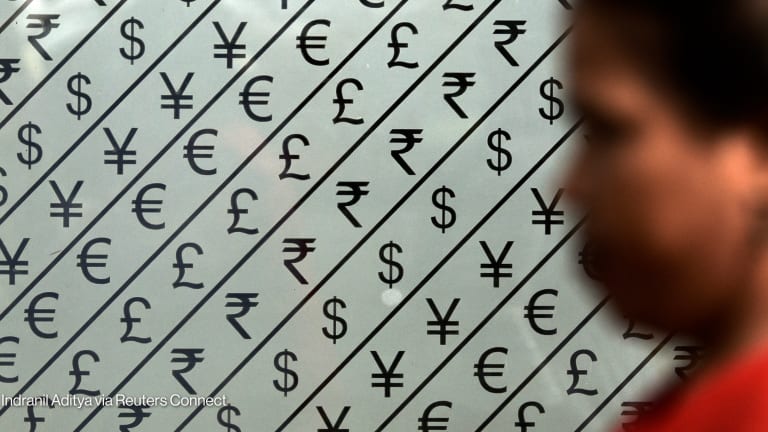Countries don't need to be wealthy and developed to implement an effective and stable social protection program that fits the needs of citizens, according to Bart Édes, director of the Asian Development Bank’s poverty reduction, gender and social development division.
Instead, even lower-income governments must prioritize their development goals, choose the appropriate social protection programs to implement based on their available resources, and provide the proper platform for other stakeholders to take part in the process.
“What you would generally find is that there's a correlation between a country's wealth and the share of the [gross domestic product] going to social protection. But they don't walk in locked step. [They don't] have to wait to become rich to invest in social protection and build social protection systems,” Édes told Devex on the sidelines of the Asia-Pacific Social Protection Week at the ADB headquarters in Manila, Philippines, last week.








